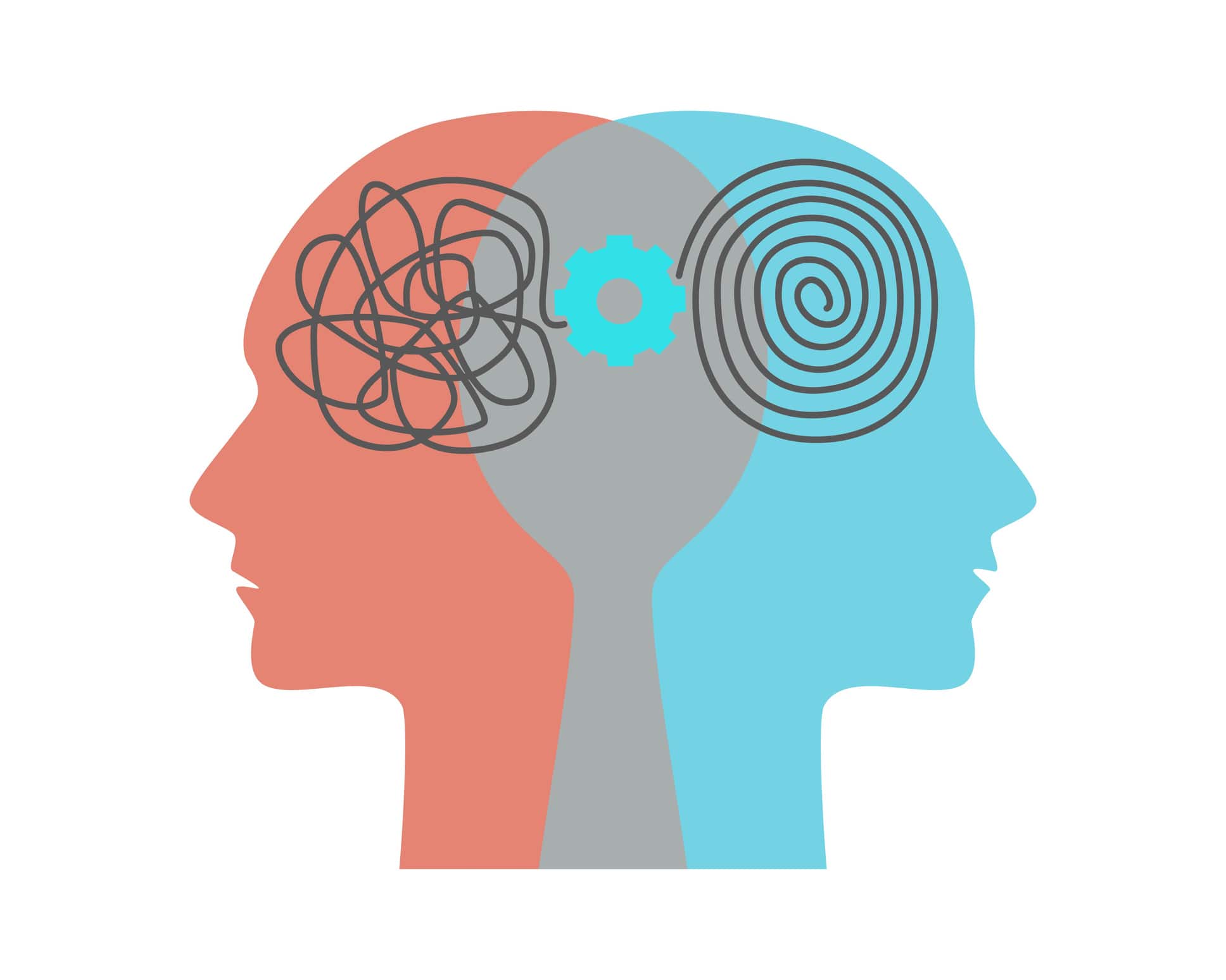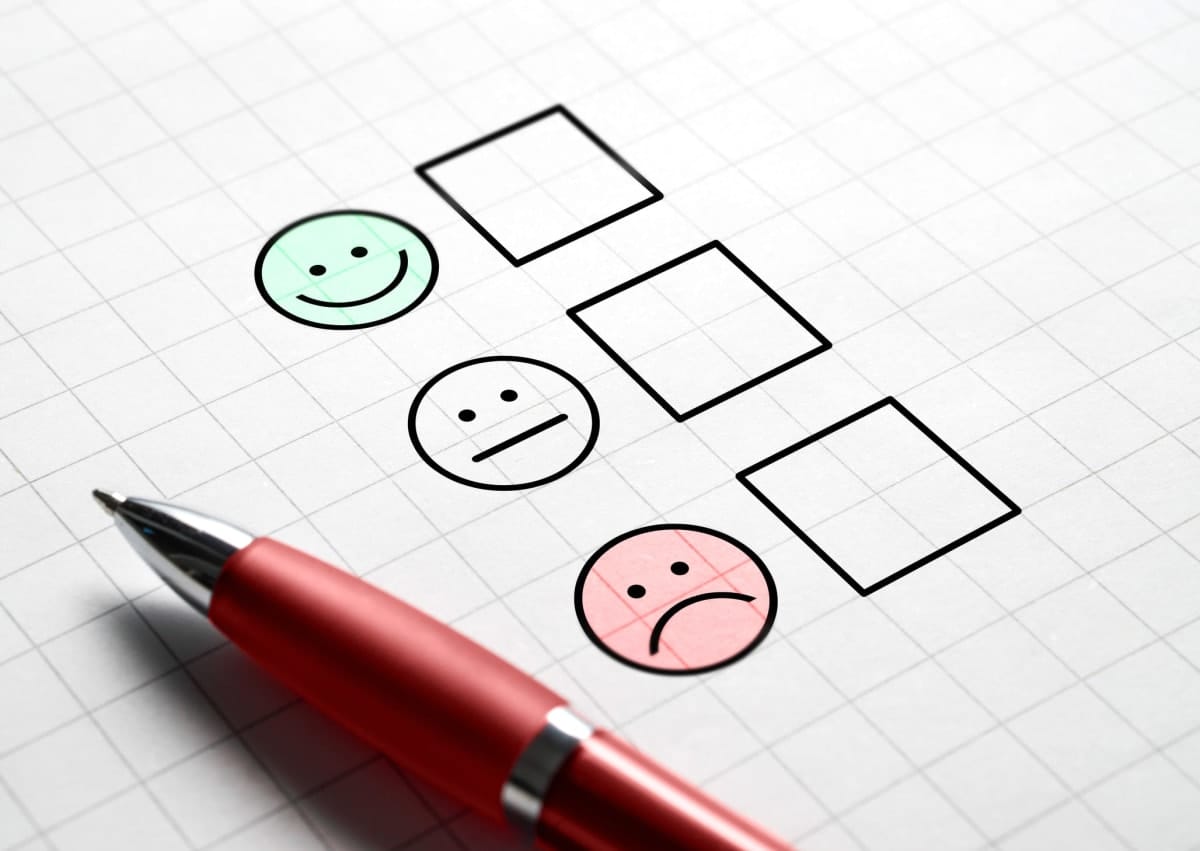
For the first time in living memory, we all face a heightened risk of mental illness.
COVID-19 has affected each of us as individuals, parents, friends, partners and colleagues. The full ramifications won’t be known for years, but it’s critical we identify and deal with them.
The Turner Institute for Brain and Mental Health is set to expand its research and clinical activities with an Australian-first project involving residents in Melbourne’s southeast corridor.
Among other things, this important and timely project will help measure the pandemic’s impact on the mental health of a whole population.
The longitudinal study will follow people of all ages, including infants, those in mid-life, and older people, to identify and treat signs of mental illness, dementia, and other brain issues.
We want to pinpoint and treat potential problems early and, ideally, prevent them – whether they’re COVID-related or not.
Read more: Together in pandemic dreams: Death, anxiety, PPE and more
Due to start in mid-2023, the new study will encompass Turner Institute pillars of developing, living and ageing well, through areas such as brain function, brain resilience, decision-making, trauma, and how brains age.
Where needed, participants will be referred to one of our nine treatment clinics, which are located in the southeast corridor because, in many ways, it’s a microcosm of Australia.
These suburbs – for example, Cranbourne, Packenham, Mornington and Frankston – encompass working families, refugees, and varied cultures, including First Nations people. Some families face economic disadvantage, violence and drug abuse.
As well as filling unmet demand among those who need mental health services, this study will provide a wealth of information to guide us towards improved treatments and services.
Participants can also join trials that test new technology to aid sleep, explore workplace stress, help them deal with trauma, or link them to the latest hospital services.
From research to clinic
The Turner Institute has already led critical pandemic research, including The Cope Initiative, which quantified mental health struggles as COVID-19 hit in 2020.
Through the Turner Institute, Monash is leading a bid to establish a Well and Productive CRC (Cooperative Research Centre), in collaboration with the University of Melbourne and Central Queensland University, with a focus on workplace wellbeing and quickly translating research into effective and scalable solutions.
This is also timely, with the cost of workplace mental health injury doubling over the past 20 years, and new challenges emerging during the pandemic. Annual productivity lost is now estimated at A$39 billion.
The Well and Productive CRC will develop cutting-edge tools employers and employees can use to create mentally healthy workplaces.
This includes a real-time Well and Productive Databank that can drive and measure productivity.
The centre’s four programs focus on:
Workforce: Customised wellbeing approaches targeting individual strengths, relationships and behaviour using the latest technology, including virtual reality.
Workplaces: Innovative solutions such as wellbeing labs and hubs that enhance wellbeing through job design, workplace environments and communities.
Leadership and governance: Enhancing the way executives and boards systematically identify and reduce psychological risk.
Data protection (new program): Activating leadership, and robust governance and supporting systems to manage and mitigate ethical, privacy, cybersecurity and legal risks associated with digital workplace mental health data.
A vision realised
The new longitudinal study will use a “living lab” across Melbourne’s southeast to investigate how Turner Institute interventions and programs impact communities and respond to changing needs.
Those involved will come from a whole population, rather than a clinical cohort where participants already have a defined condition.
Planning has begun for the study, and the aim is for the cohort to commence early in 2023.
We’re moving away from looking at symptoms to actually looking at how people can live well regardless of their individual situation. People are more than their symptoms; rather, they live in the context of their social connections and opportunities.
It’s all about how to live your best life. Even if you have a degenerative disorder or a neurodevelopmental disorder early in life, such as autism, we want to know: What is living well to you?
This project helps us reach people with unmet needs who wouldn’t normally take up mental health services. We can take a bold vision, and transport it from research right into their communities at a time when many of us face increased risk due to COVID.

All of this is possible due to the generosity of the late Monash University economics graduate and stockbroker David Winston Turner, who left generous provision in his will to establish the David Winston Turner Endowment Fund, to support mental health research.
The Turner endowment is part of a wider effort allowing vital research to be conducted that otherwise may not happen, or be delayed.
This latest significant philanthropic contribution was marked by an event featuring former NRL player and boxer Joe Williams.
A proud First Nations man who wrote about his mental health battles in his book, Defying the Enemy Within, he epitomises those we help with our traumatic brain injury research and clinical work.
Affordable prevention and care
Ultimately, we want to keep brains healthy and keep people functioning independently for as long as possible. Our focus is on affordable prevention and care using the latest technology.
COVID-19 has ironically made that a bigger, quicker dream than it was before. Pre-pandemic, people tended to talk about mental health when they had to have treatment.
Now, employers want their workforces to be productive, and understand the need to keep employees mentally healthy rather than wait until a problem emerges.
Lack of sleep and burnout have always been major issues in the workplace, and even more so now due to COVID.
We’re only now learning whether adolescents will readjust to face-to-face learning, and whether workers will cope with changed workplaces that may incorporate working from home.
As an institute that encompasses the full path from research discovery to treatment, we’re now in a position to develop new strategies and treatments for our clinics.
This means our research is translated faster into effective therapies that are more important than ever.
The challenges are many as we continue to live with COVID-19, but we’re well-placed to rise to them.





